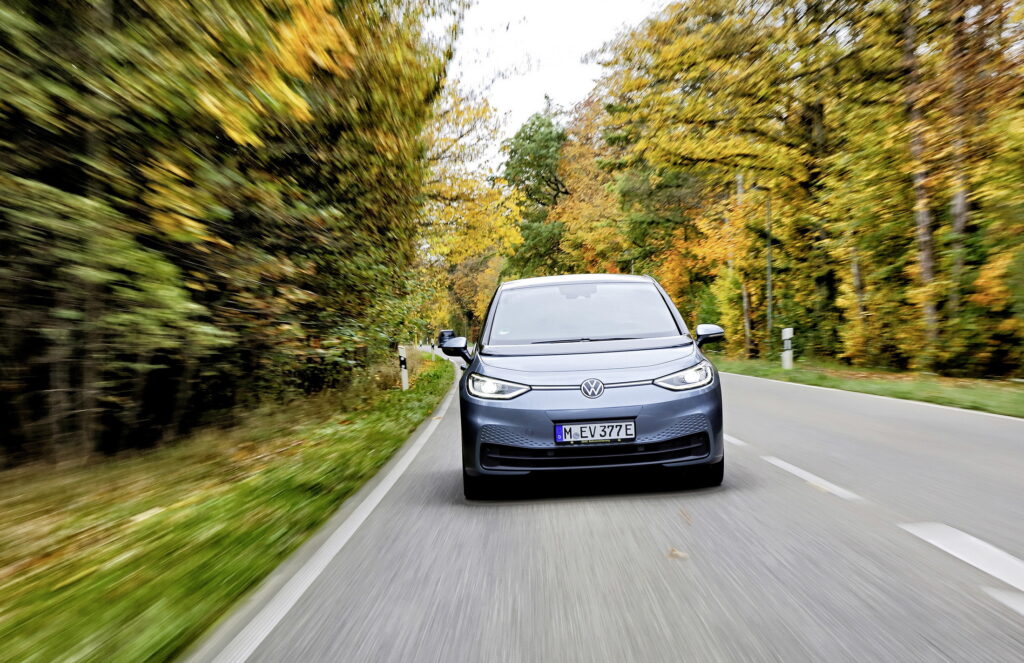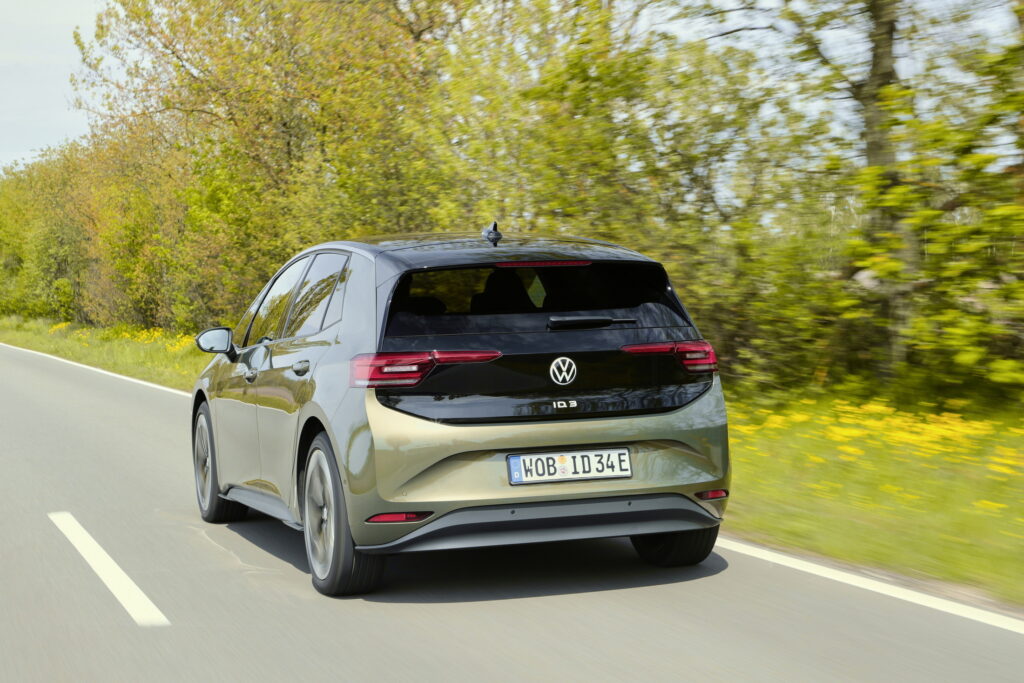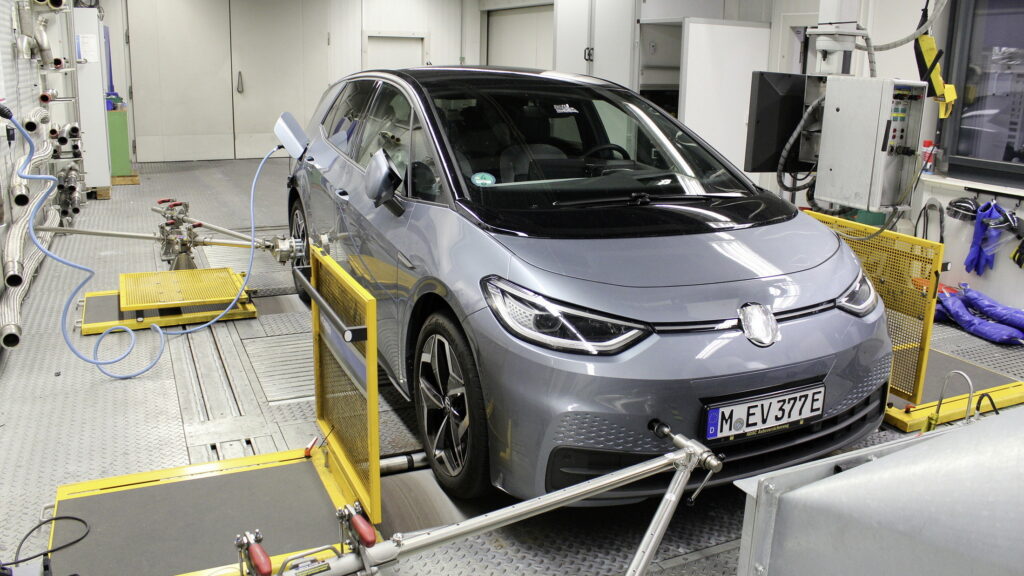One of the major concerns consumers have about electric vehicles is the longevity of the batteries that power them. In its first long-range test of a Volkswagen ID vehicle, Germany’s automobile association, ADAC, has found that the battery in the ID.3 performs well.
After 100,000 km (62,137 miles) of testing, the ID.3 still had 93 percent of its battery capacity. The organization said that this was well within expected losses after that distance, despite the fact that it not follow all of VW’s charging recommendations.
First, it repeatedly used fast chargers, something that most consumers who can charge at home are unlikely to do as frequently. ADAC testers also frequently charged the vehicle to 100 percent, and left it plugged in (sometimes for days) for the next driver, which the automaker also does not recommend.
Read: Kia Australia Partners With Local Firm To Reuse, Repurpose, And Recycle EV Batteries

Despite that, the organization says that it has no doubts about the durability of VW’s electric cars. It also congratulated the brand for advertising the net capacity of its batteries, not the gross capacity.
The ID.3’s battery pack has a full size of 82 kWh, but using all of it significantly impacts the longevity of the pack. Automakers combat this by building a buffer into their batteries that prevent drivers from using a certain amount of their capacity. However, not all brands advertise this differential, which can lead to some disappointment from customers. Volkswagen is clear that the ID.3 has a net capacity of 77 kWh, though.
Although its feedback for the ID.3 was positive, ADAC did have some suggestions for buyers. Chiefly, it recommends that they stay current with their over-the-air updates. The organization said that VW’s improvements increased charging power, made the powertrain more efficient, and elongated the ID.3’s range in colder seasons while the car was in its possession.
ADAC isn’t done with its ID.3. The organization plans to continue testing the car until it reaches 160,000 km (99,419 miles), when VW’s warranty runs out and risks for owners increase significantly. Based on what it has achieved so far, the ID.3 shouldn’t have a hard time surpassing VW’s guarantee that the vehicle will still have 70 percent of its battery capacity by that time.





